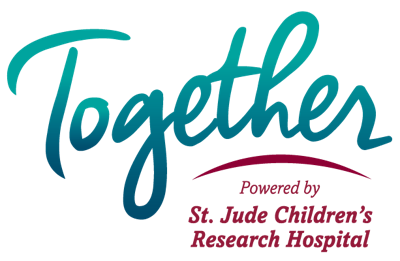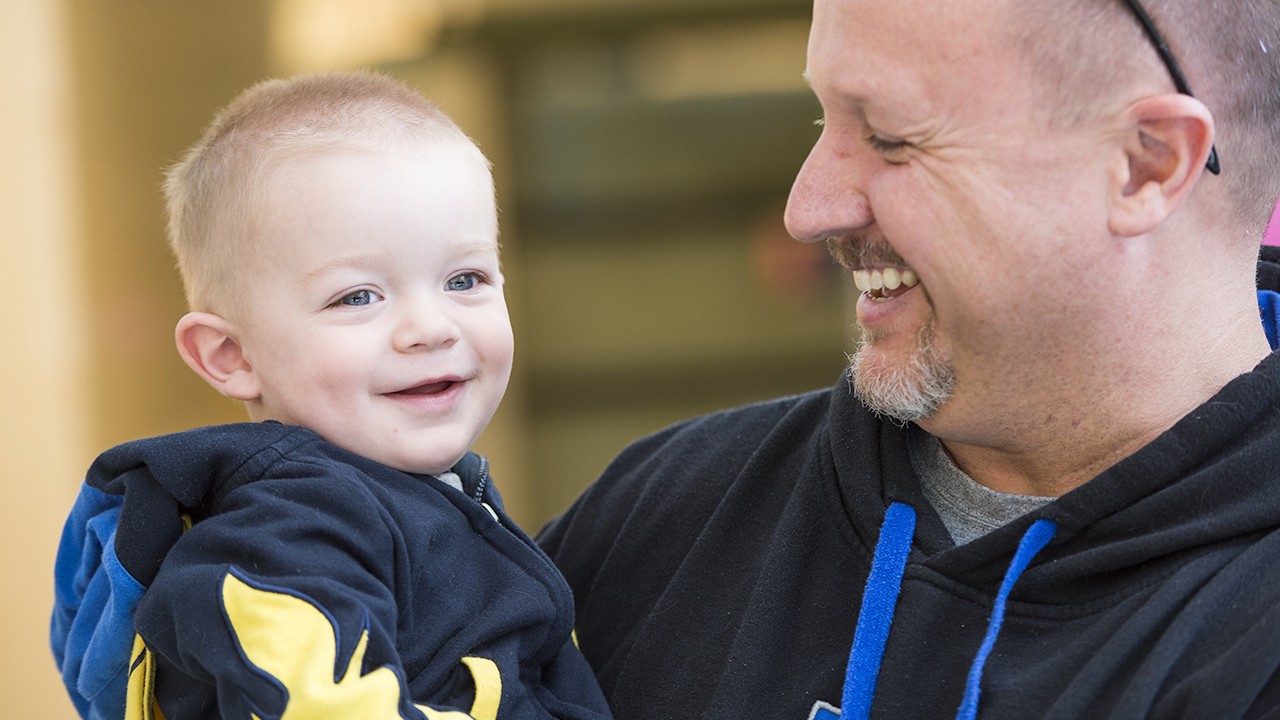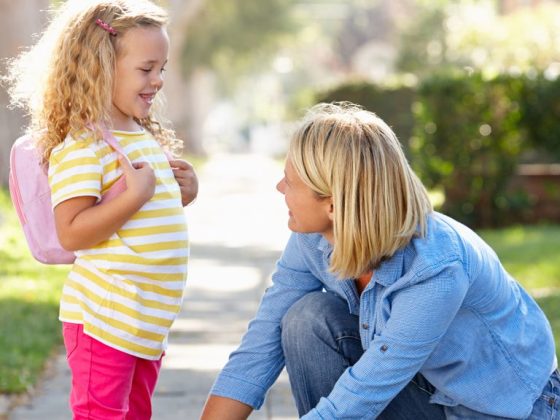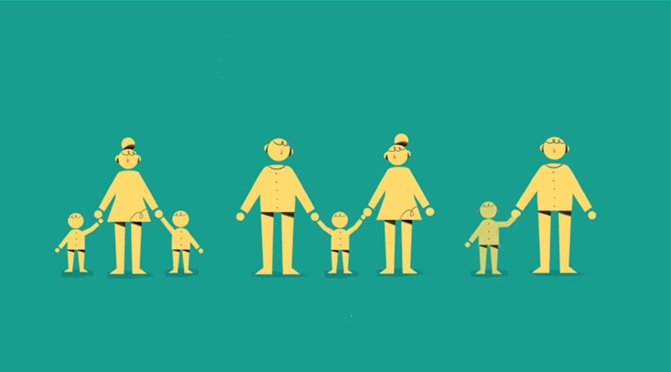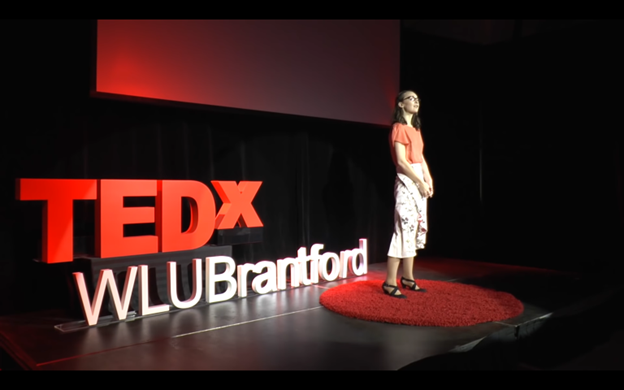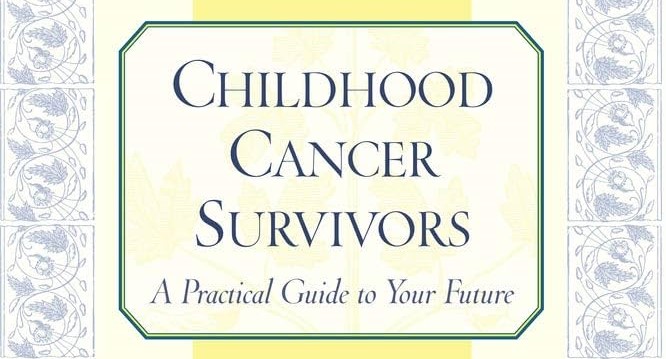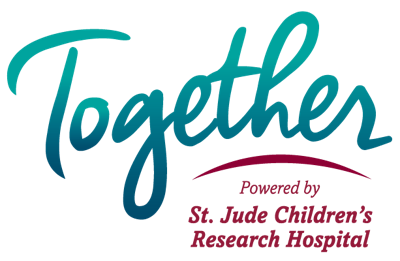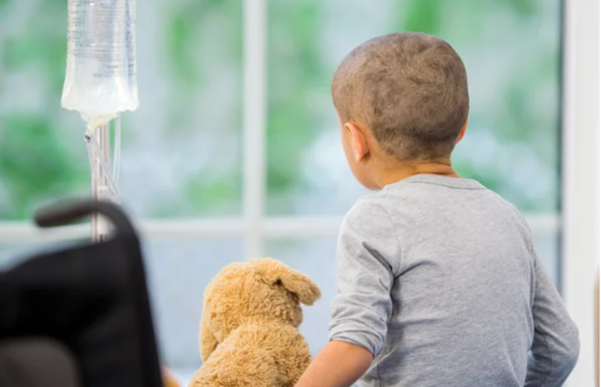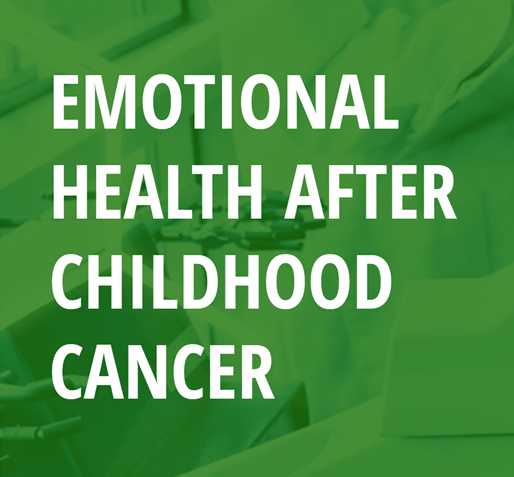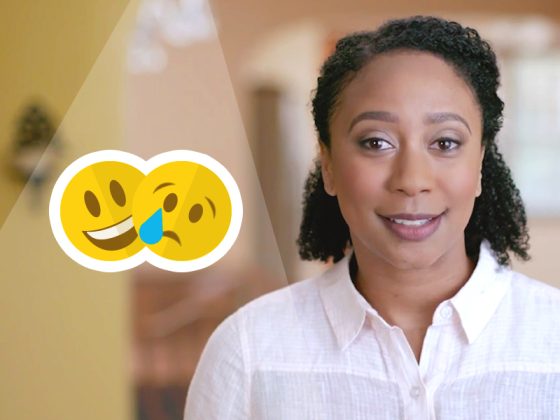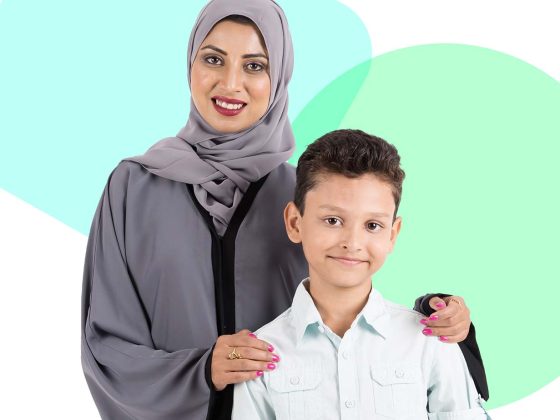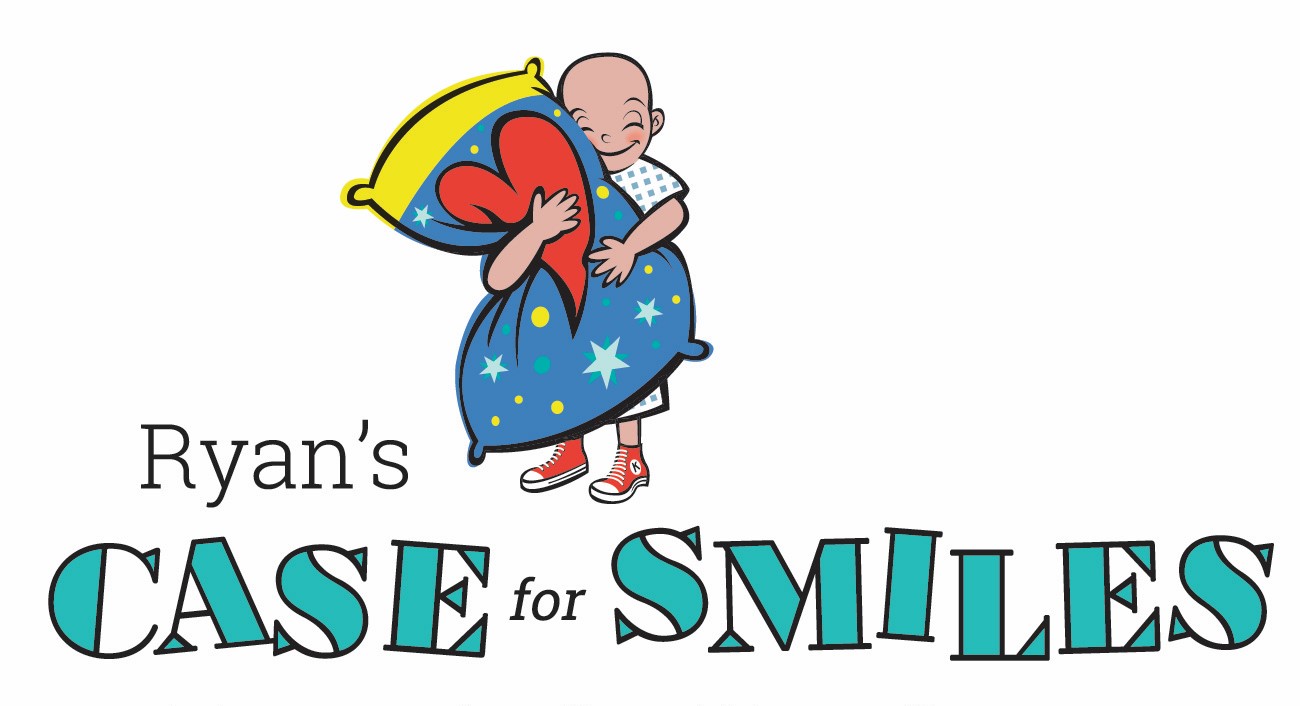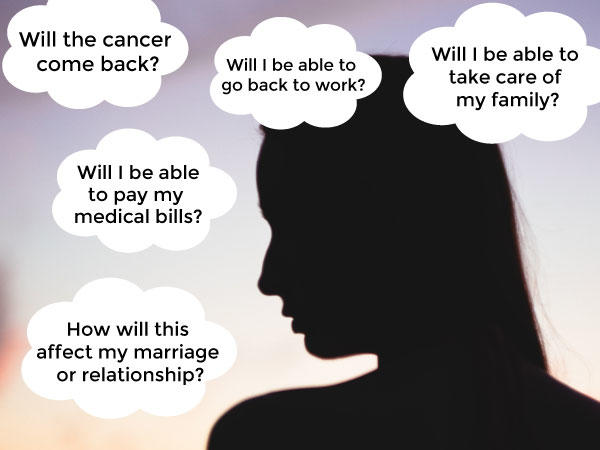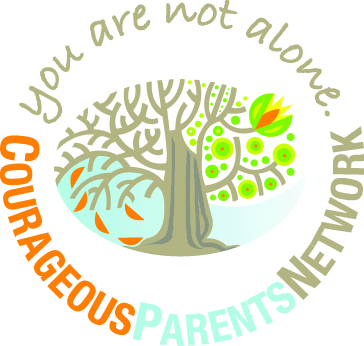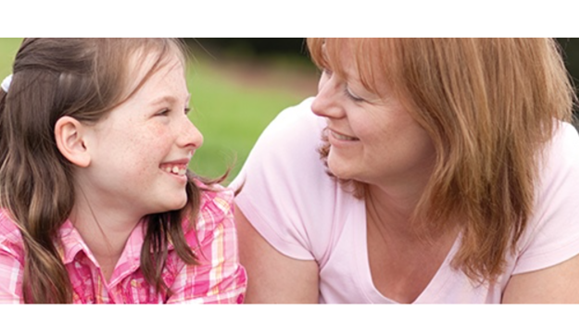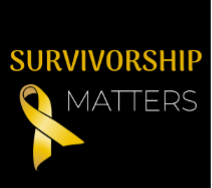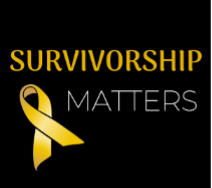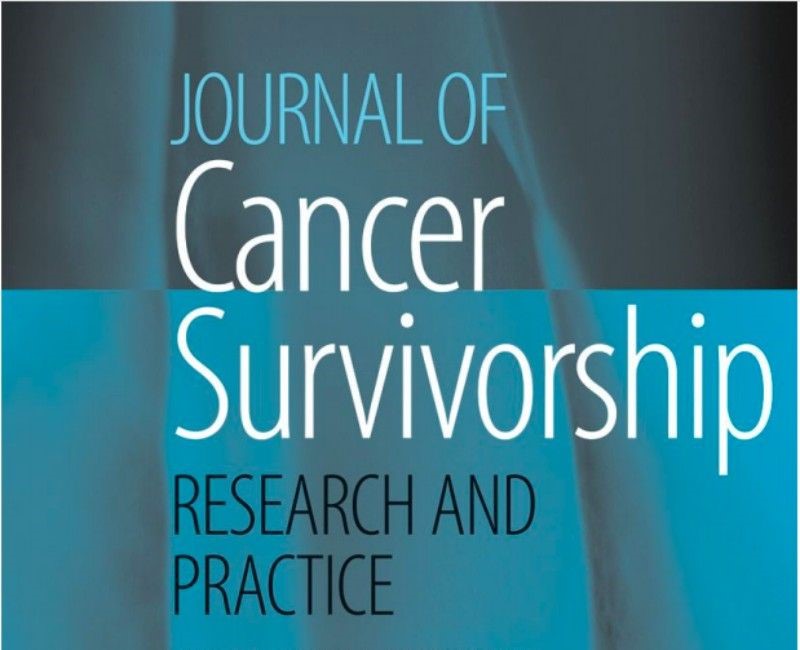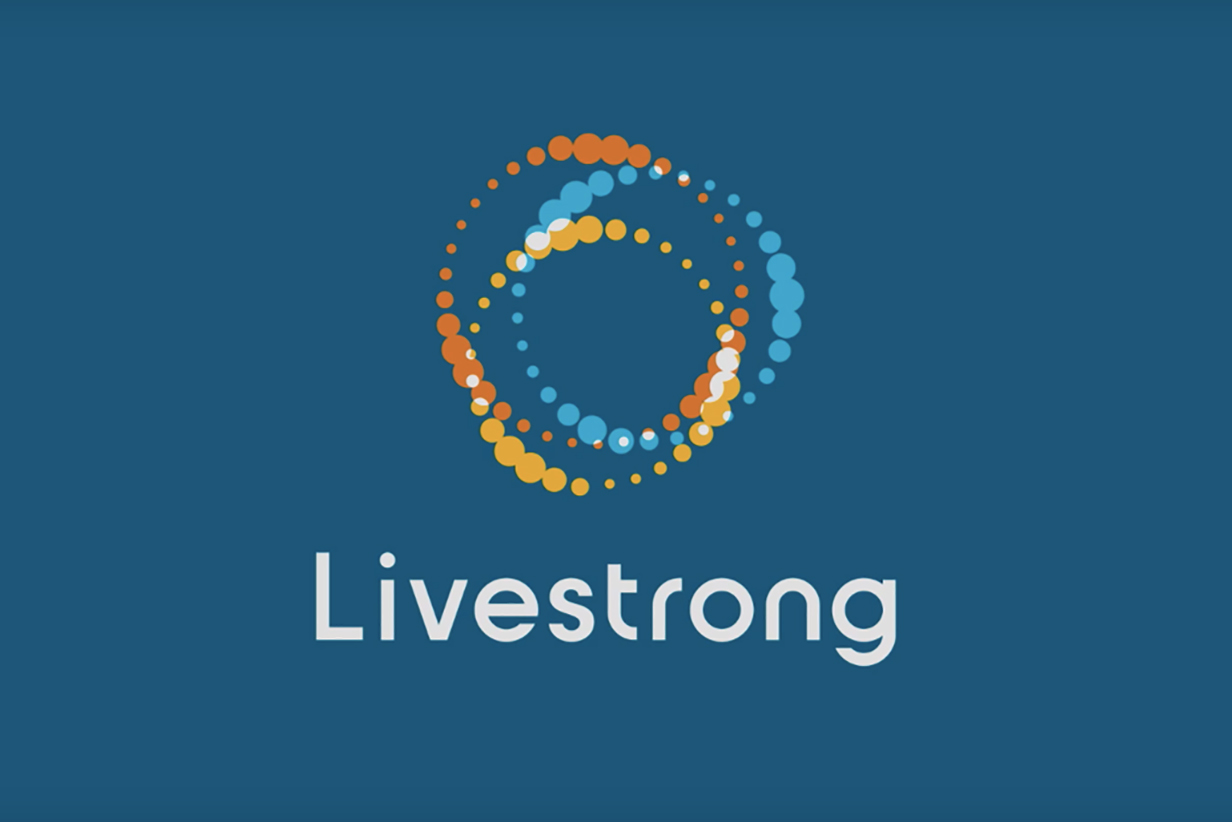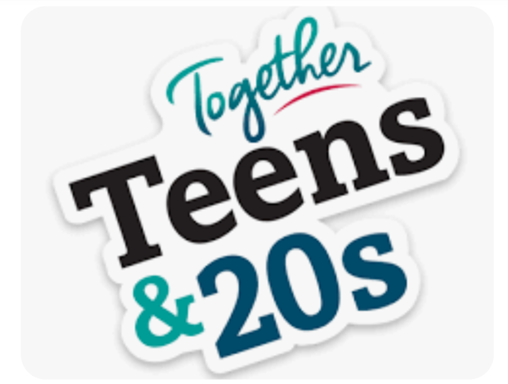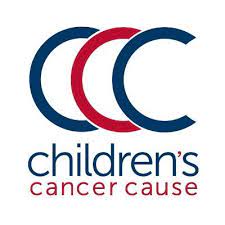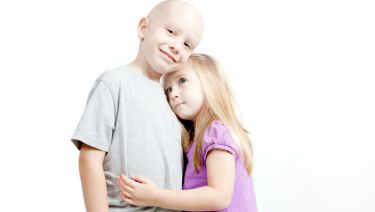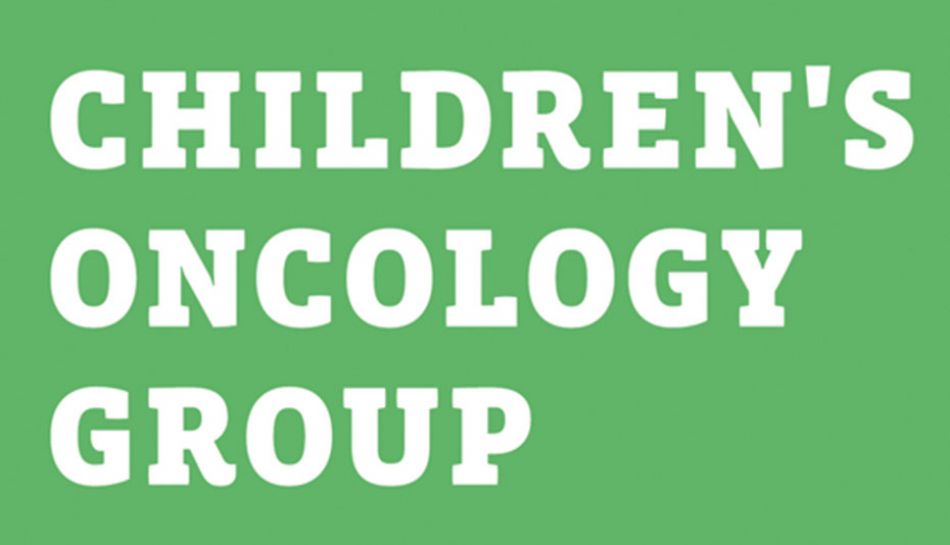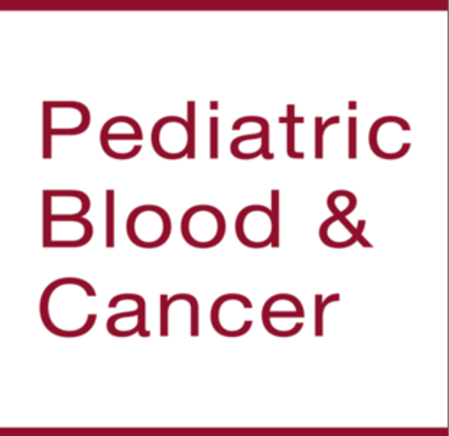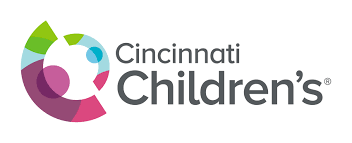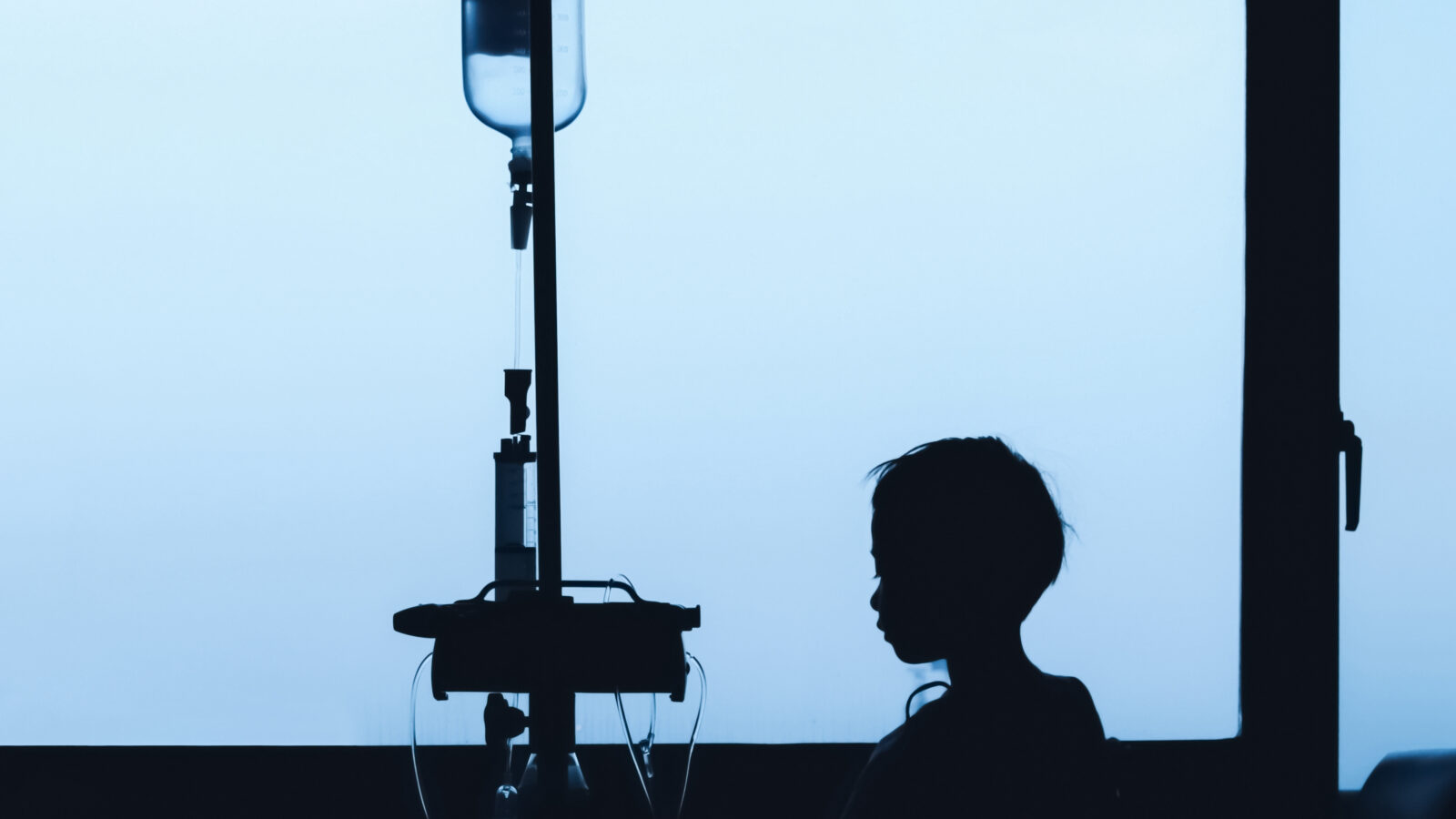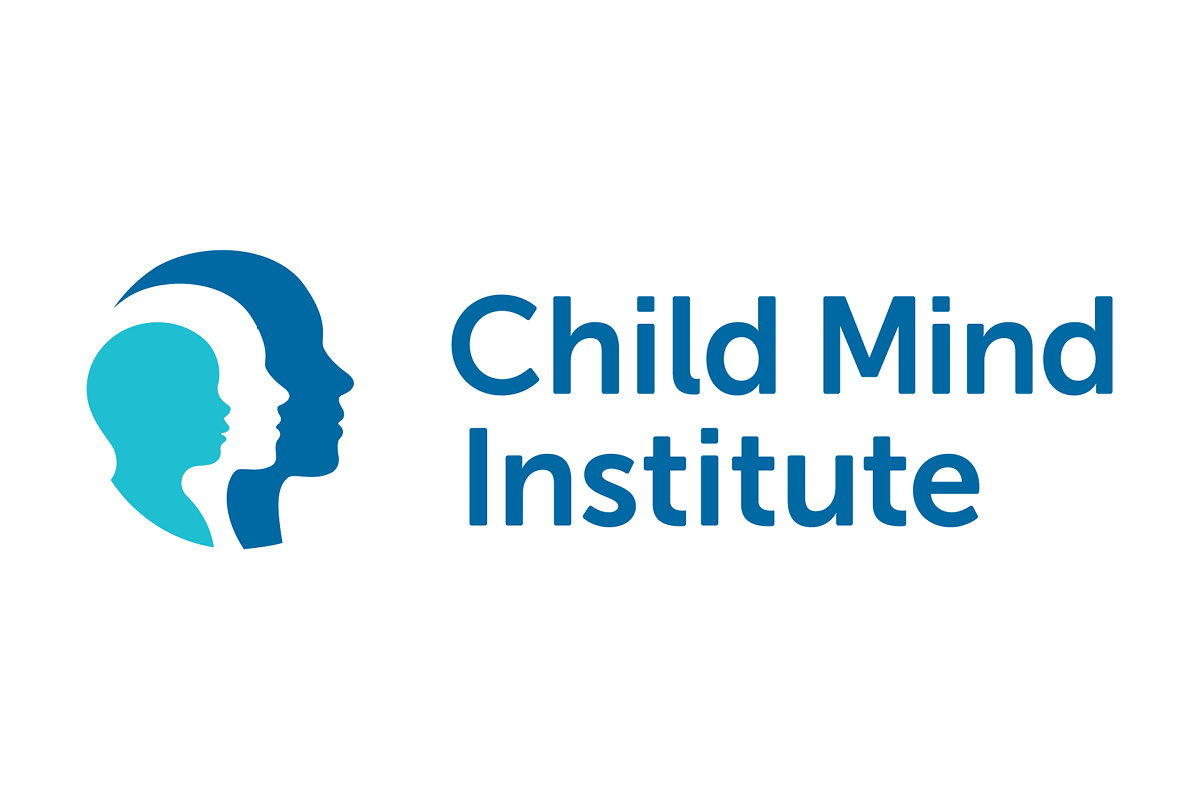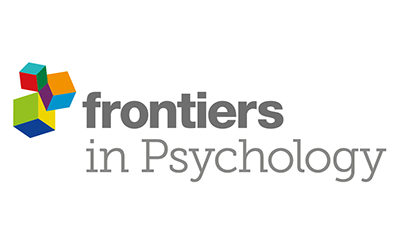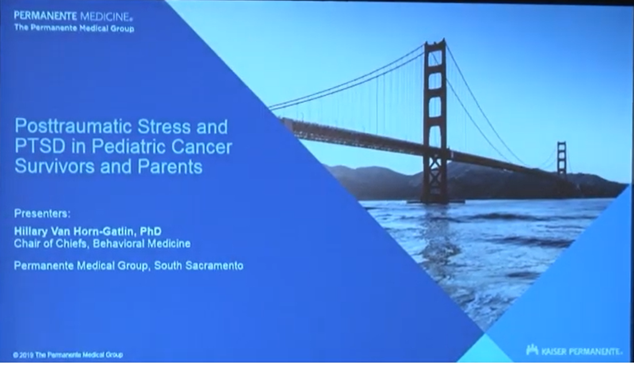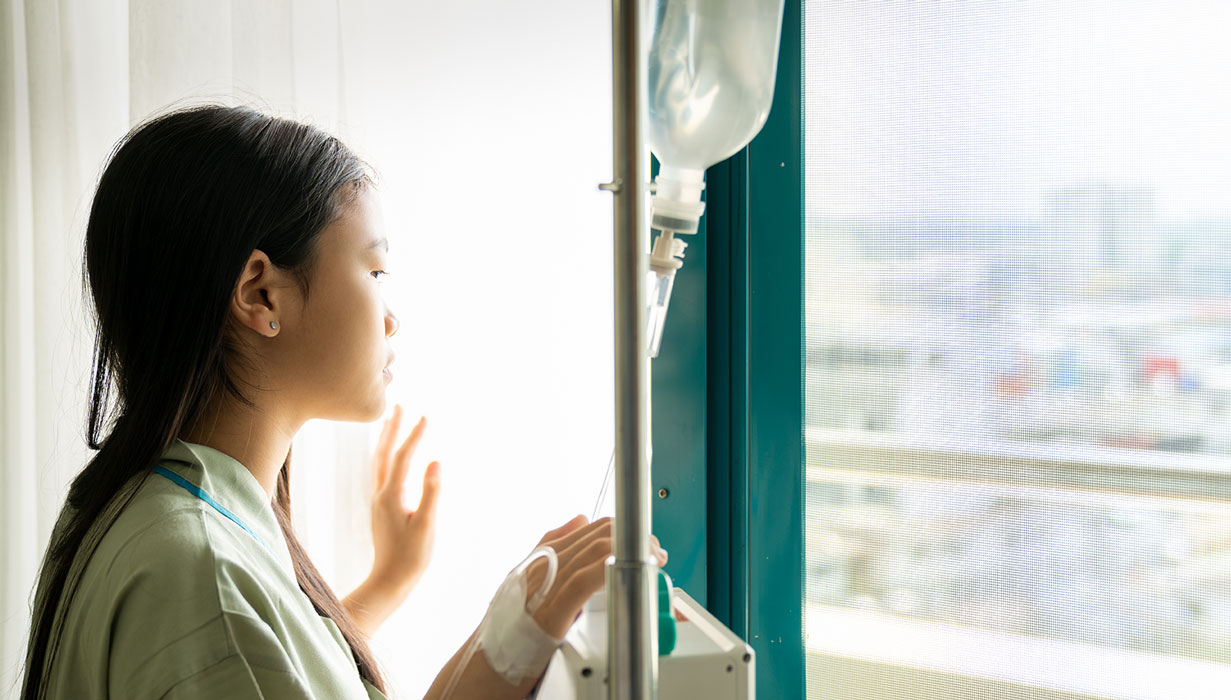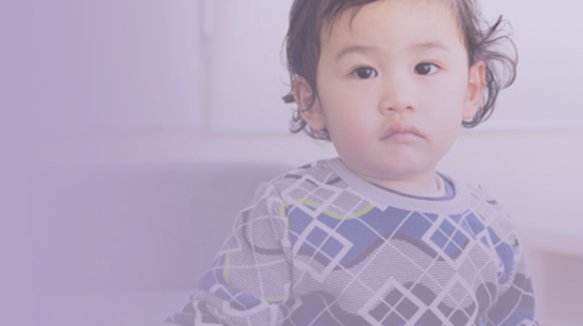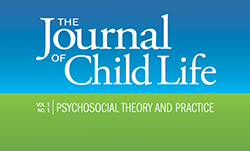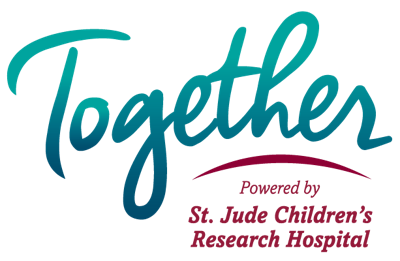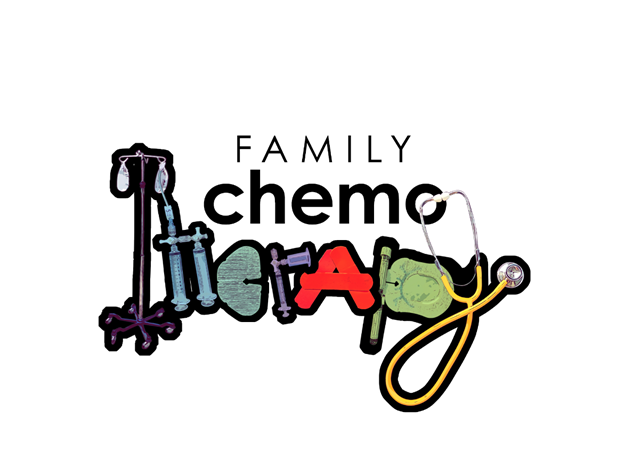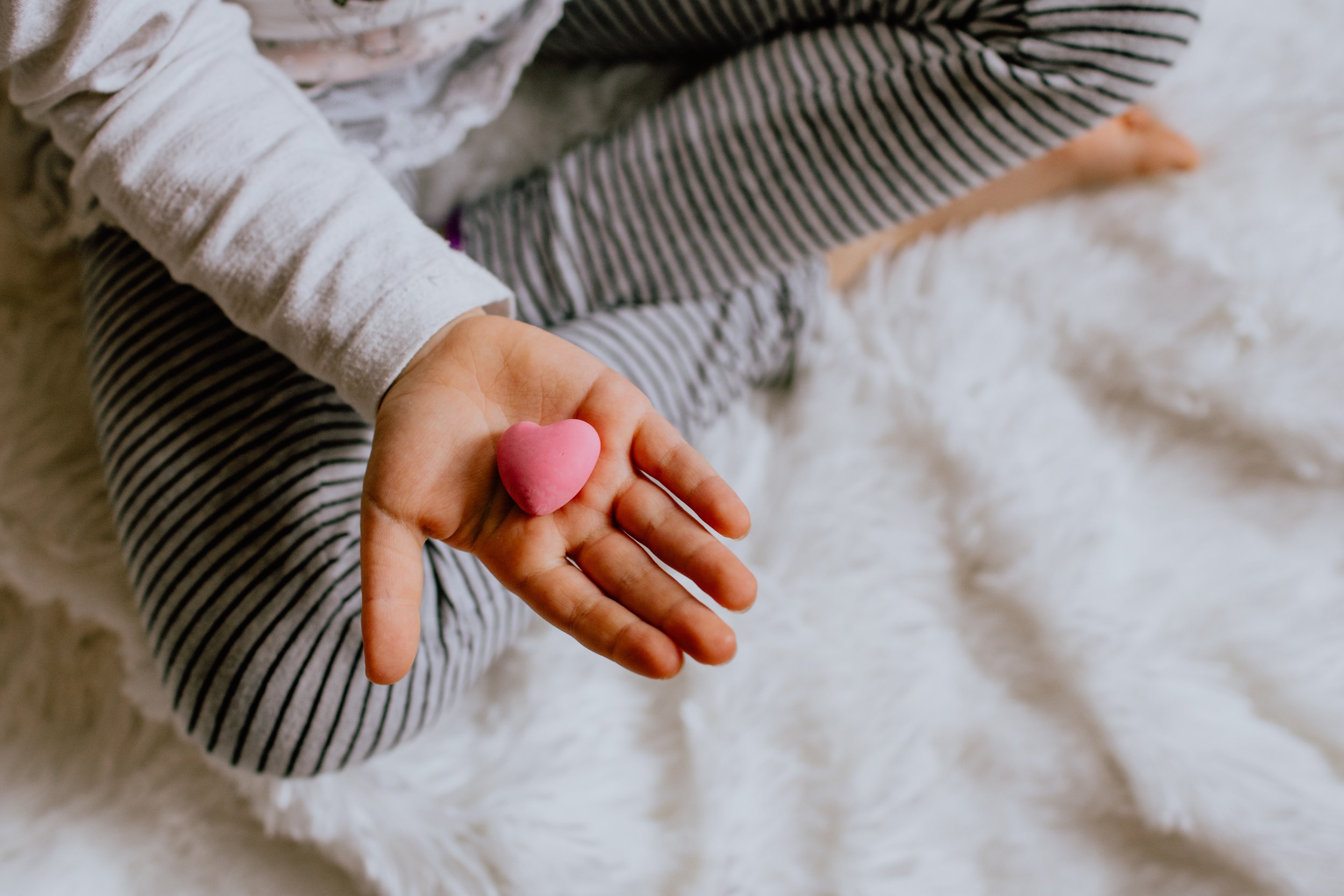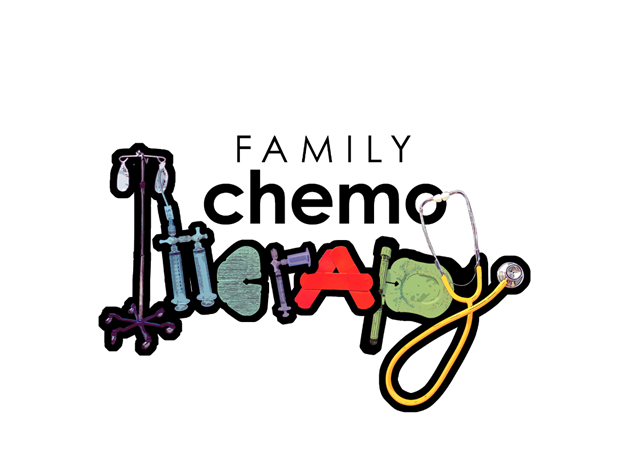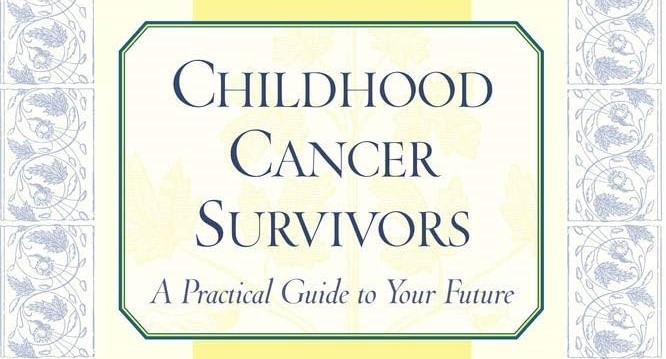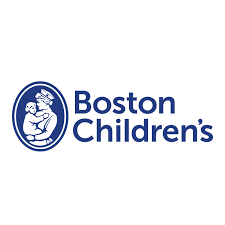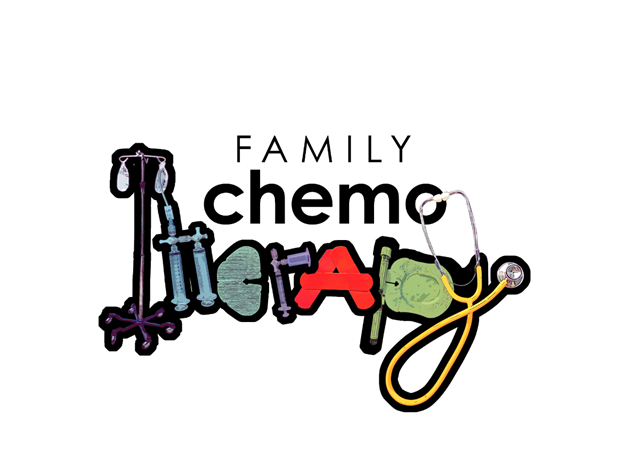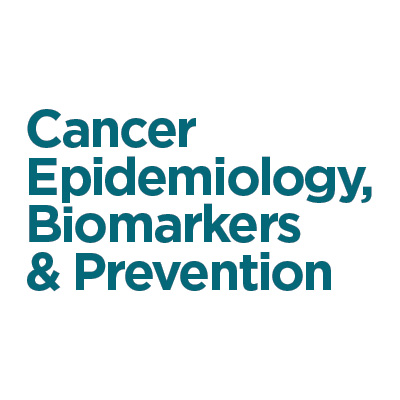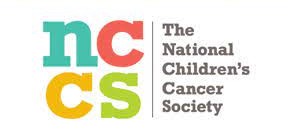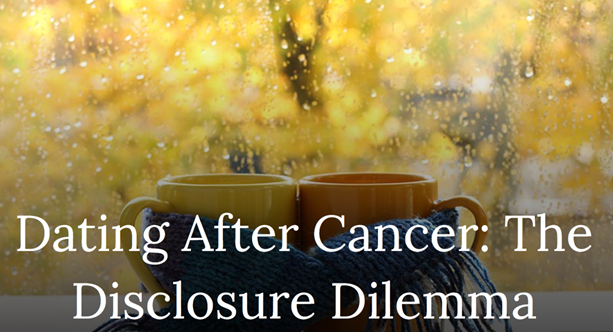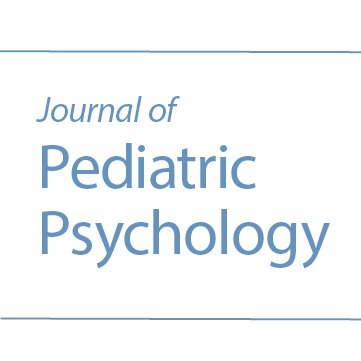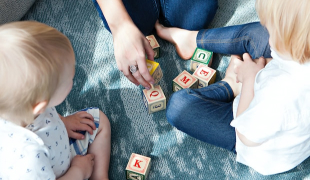
- Home
- /
- Impact Areas
- /
- Survivorship
- /
- CAC2 Survivorship Toolkit
- /
- Psychosocial and Emotional Health
Families experience a significant emotional toll, otherwise referred to as trauma, during the diagnosis and treatment of childhood cancer. This burden can continue into survivorship, especially if other long-term health issues develop. When survivors of childhood cancer do not receive sufficient healing and ongoing mental health support during their survivorship, it can be common for them, as well as their caregivers and their siblings, to experience challenges that require support. These challenges often manifest as anxiety and depression, commonly recognized symptoms of post-traumatic stress disorder (PTSD). Learn more about how the burden of unresolvable stress throughout treatment and continuing into survivorship impacts survivors and family members. Discover resources that address these issues to promote healing and help survivors and families adjust and cope with life after treatment and throughout survivorship.

Resilience is the capacity to withstand or recover quickly from difficulties. Nurturing resilience in families, from diagnosis and throughout treatment, can help them process all that has happened and help them transition to post-treatment life, where they can better weather the challenges they may face in survivorship. These resources can help survivors and their families better understand the importance of resilience – and how to nurture it – so that they can enjoy a better quality of life.

The Role of Resilience in the Sibling Experience of Pediatric Palliative Care: What Is the Theory and Evidence?
Emotional wellness is the ability to navigate challenging times successfully. Considering emotional wellness when managing life after a cancer diagnosis is essential. These resources help detail the importance of recognizing, understanding, and accepting one’s feelings. Learn more about the importance of doing so, and the skills to help you manage your feelings.

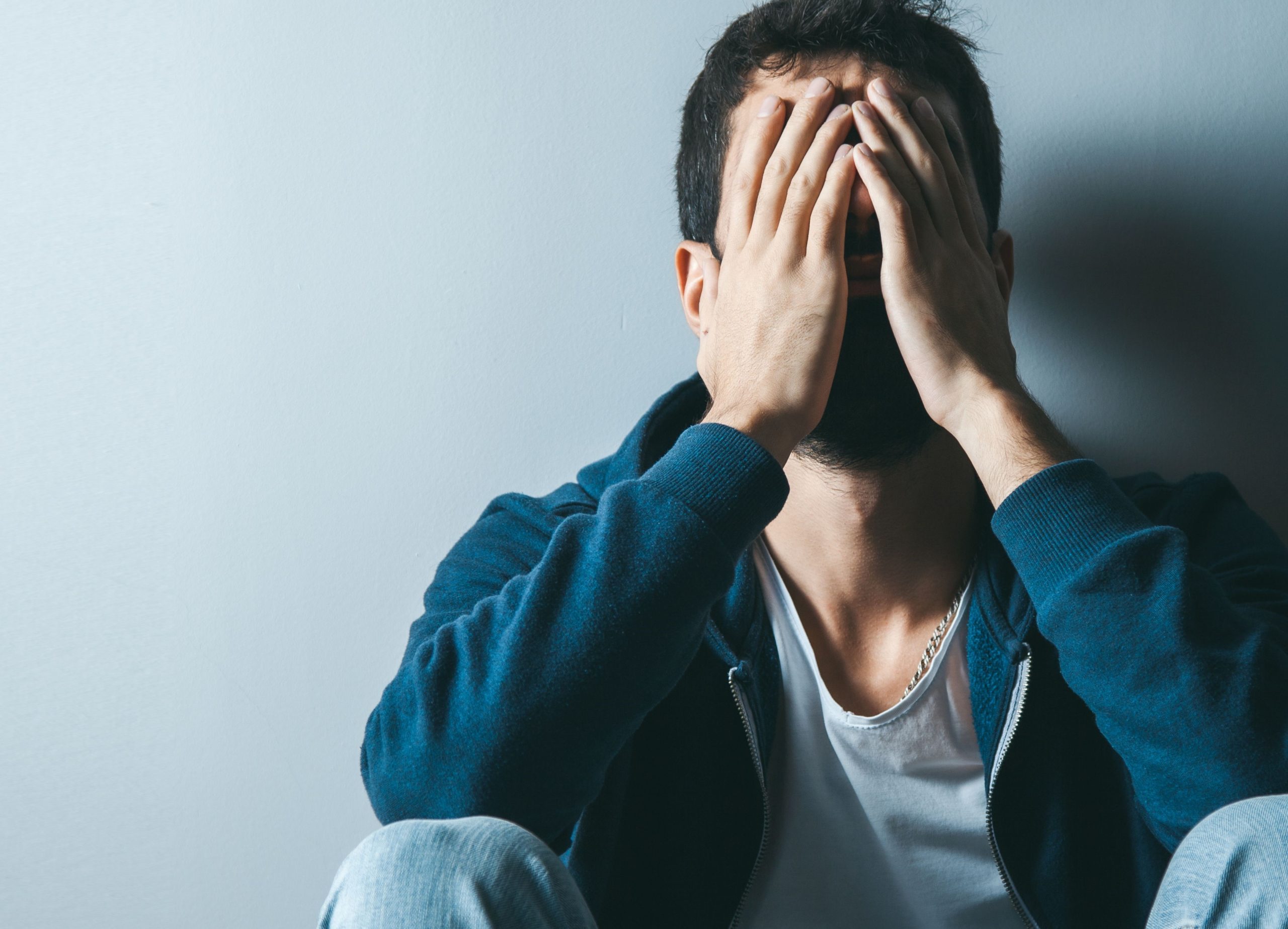
Mental health refers to one’s emotional and psychological health, and social wellbeing. Learn about the ways a childhood cancer diagnosis impacts the mental health of patients and their families, and find resources to improve mental health after treatment ends and manage the issues that arise in survivorship.
A childhood cancer diagnosis has an impact on many things, including relationships. Families may experience changes that affect how they connect with each other, and with important people outside the family. Different emotions triggered by the trauma may cause family members to struggle, and each may rely on different coping mechanisms. Learn how to navigate relationships as everyone continues to process the childhood cancer experience, navigate the transition to survivorship, and endure the challenges that continue in survivorship. Discover ways to build, maintain, and strengthen these relationships.
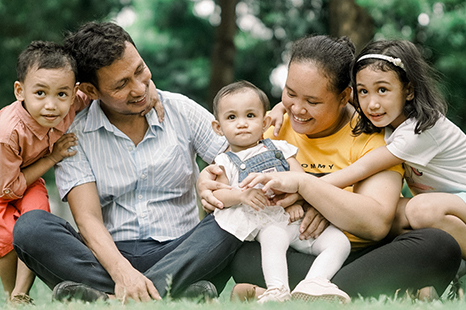
Frequently Asked Questions
Do you have any feedback/ suggestions/ recommended resources?
"*" indicates required fields
